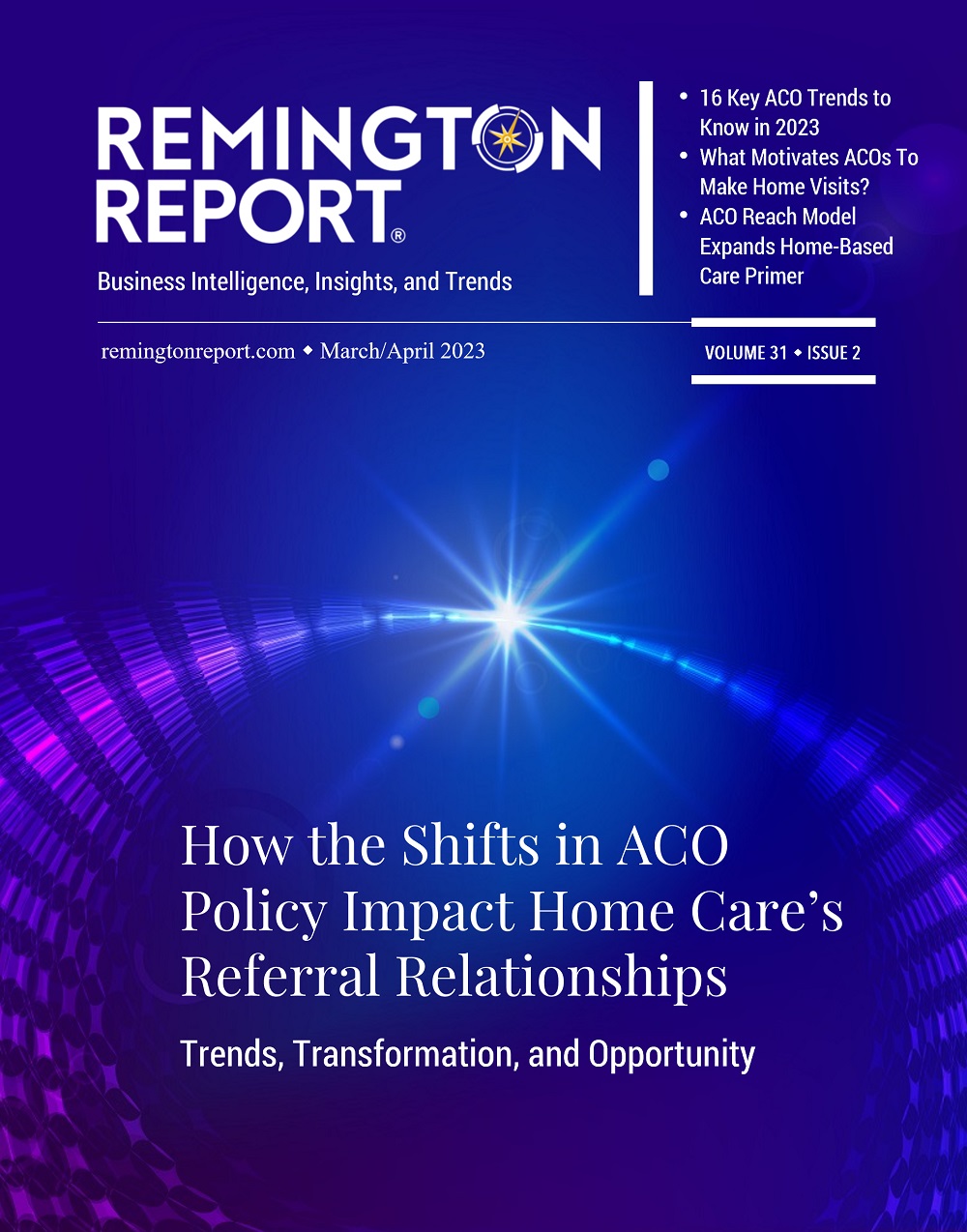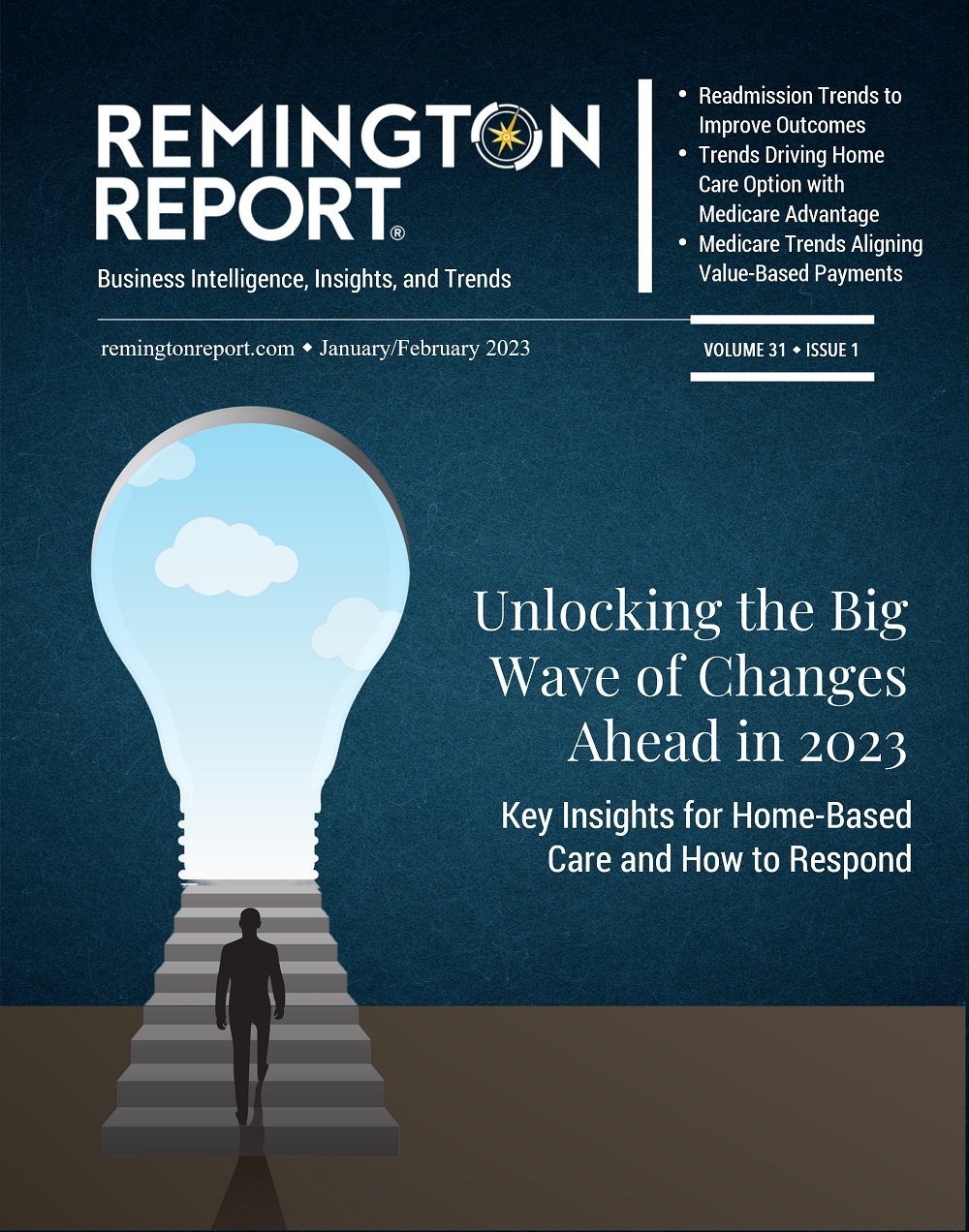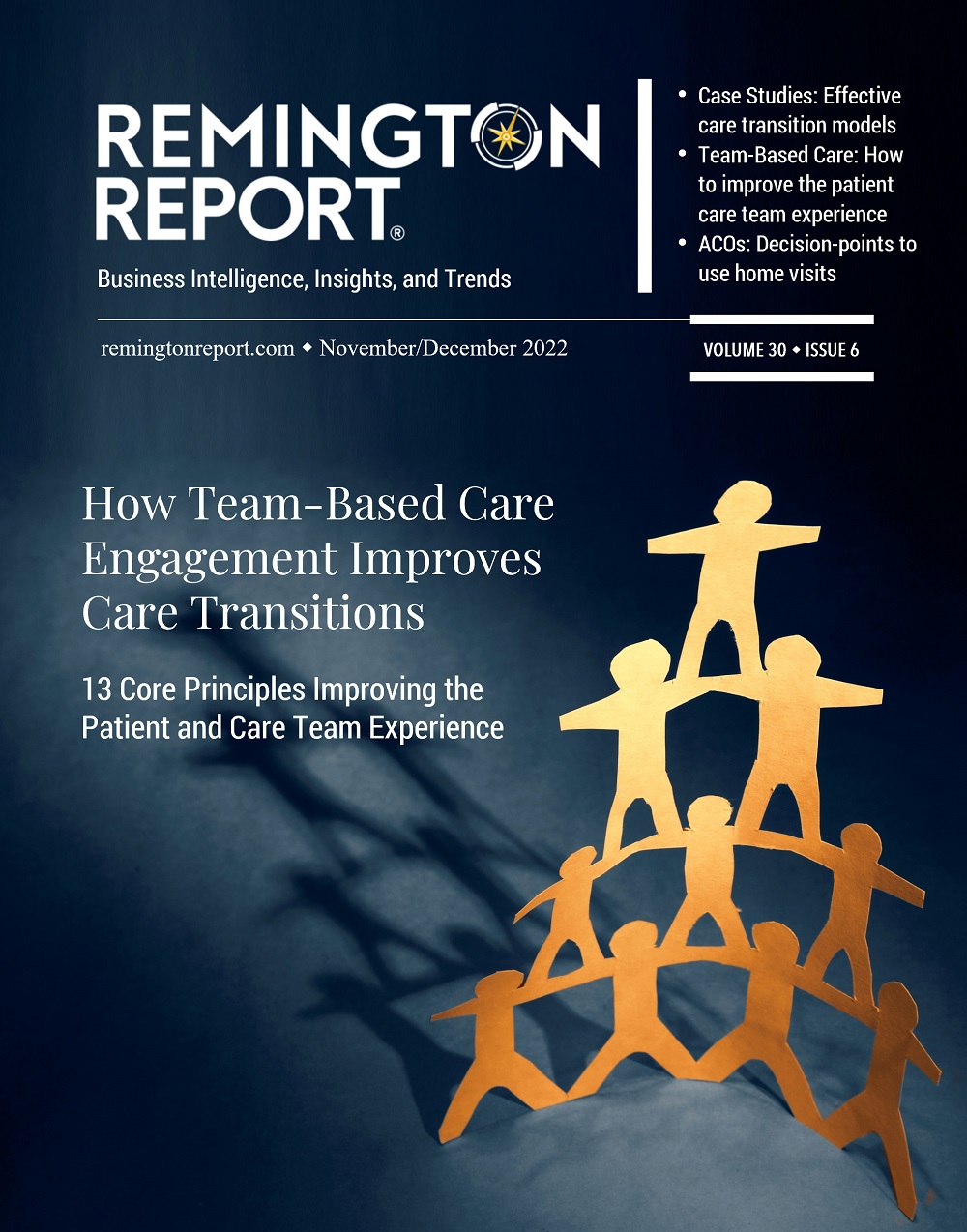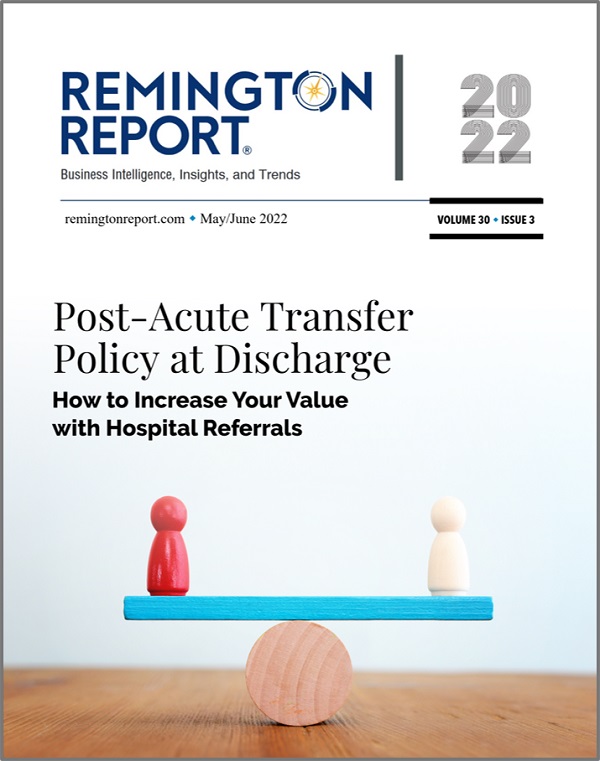In a decision issued on November 2, 2021, the United States Court of Appeals for the Fifth Circuit said that the Centers for Medicare and Medicaid Services (CMS) can recoup overpayments from providers even though its appeals are still pending before Administrative Law Judges (ALJs) [Family Rehabilitation, Inc. v. Azar, No. 20-10271 (5th Cir. Nov. 2, 2021)].
On March 27, 2018, the U.S. Court of Appeals for the 5th Circuit issued an opinion, in Family Rehabilitation, Inc. v. Azar [No. 17-11337 (5th Cir. Mar. 27, 2018)], stating that monies could not be recouped from providers until after hearings have been conducted by an ALJ. The Appellate Court sent the case back to the lower court.
Then the lower U.S. Federal District Court issued an opinion on June 4, 2018, agreeing with the Appellate Court [Family Rehab., Inc. v. Azar, No. 3:17-CV-3008-K (N.D. Tex. June 4, 2018)]. According to the Court, monies cannot be recouped from providers that appeal denials of claims until after ALJ hearings have been held. The federal district court also issued a temporary restraining order (TRO) against CMS prohibiting recoupment. The TRO was based on the Court’s finding that Family Rehab would likely prevail on the merits of procedural due process claims.
This decision was appealed to the Fifth Circuit that issued the most recent decision on November 2, 2021. Now the Fifth Circuit reversed the lower Court’s decision and concluded that CMS can recoup overpayments from providers before ALJ hearings are held. The Court based its decision, in part, on the fact that since this case was sent back to the lower court, the Court issued a ruling in Sahara Health Care Inc. v. Azar [975 F.3d 523 (5th Cir. 2020)]. The Sahara case involved facts that were almost identical to those in the Family Rehab case.
The Court said that in both cases the providers could not explain why their requests for redeterminations and reconsideration, the first two steps in the appeals process, violated constitutional requirements. The Court said:
“The benefit of an in-person hearing during the third step of review is to allow the decisionmaker to make credibility determinations through the consideration of testimony and cross examination. But the provider in Sahara conceded that a third step ‘hearing [would] not develop the factual record.’ The provider there could ‘not explain how the possibility of cross-examination at the hearing would benefit it.’”
According to the Court, neither could Family Rehab. During oral argument, counsel for Family Rehab argued that ALJ hearings are required because the U.S. Department of Health and Human Services (HHS) contested the medical judgments of doctors. But, said the Court, this argument was contradicted by the record. The overpayment claims in this case involve documentation issues, such as failure to certify that patients were homebound, not objections to the substantive medical judgements of doctors.
Consequently, Family Rehab’s claims could have been resolved in requests for redetermination and reconsideration by producing relevant documents. Providers are not allowed to supplement the record at ALJ hearings except for submission of oral testimony and making credibility determinations, which are unnecessary to resolve documentation issues.
Finally, the Court said that Family Rehab could escalate its appeals to the Appeals Council and then to federal district court instead of waiting for ALJ hearings.
Unfortunately, providers lose again.
No portion of this material may be reproduced in any form without the advance written permission of the author. © 2021 Elizabeth E. Hogue, Esq. All rights reserved.
Elizabeth Hogue is an attorney in private practice with extensive experience in health care. She represents clients across the U.S., including professional associations, managed care providers, hospitals, long-term care facilities, home health agencies, durable medical equipment companies, and hospices.









